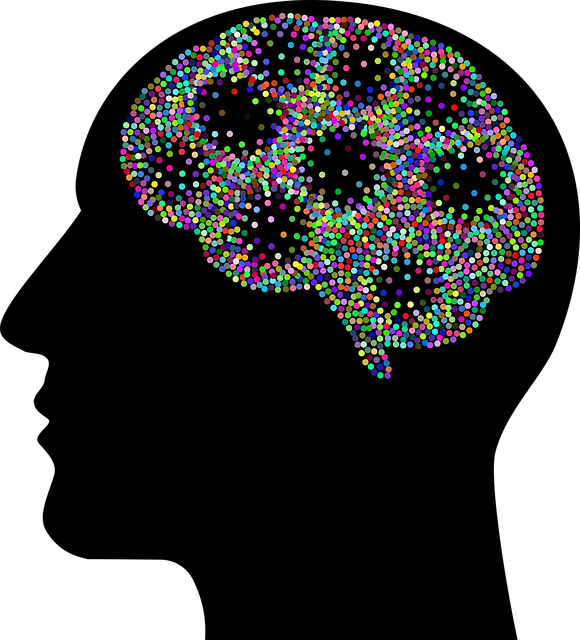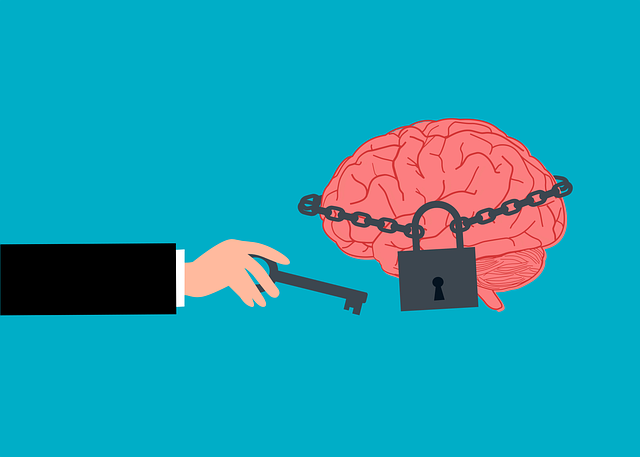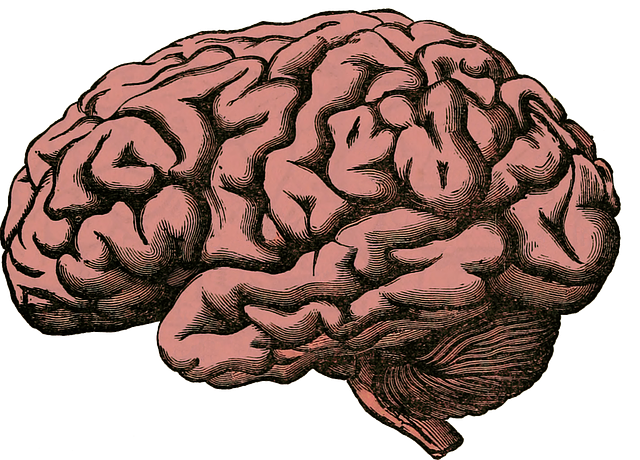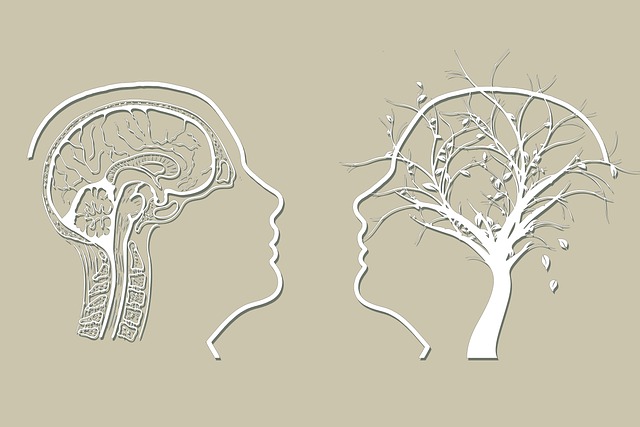Depression is a severe mental health issue that can be prevented and managed through early recognition of symptoms and tailored interventions. Centennial Psychological Testing offers advanced assessment methods, therapy, and crisis guidance to detect subtle emotional shifts and provide proactive treatment. Combining this with a healthy lifestyle, such as regular exercise, quality sleep, and balanced nutrition, enhances resilience. Centennial Psychological Testing Therapy (CPTT) combines evidence-based practices with Mental Health Education Programs to empower individuals with coping strategies and promote emotional well-being. This holistic approach fosters self-efficacy and resilience against depression.
Depression is a prevalent and serious mental health condition, but it’s one that can be prevented. This article delves into a multi-faceted approach to managing and mitigating depression, encompassing essential strategies for early detection and long-term mood regulation. From recognizing subtle signs to exploring therapeutic options like Centennial Psychological Testing, we provide valuable insights. Learn how lifestyle adjustments, resilience-building techniques, and different therapy types can empower individuals to combat depression effectively.
- Understanding Depression: Recognizing the Signs and Symptoms
- The Role of Centennial Psychological Testing in Early Detection
- Lifestyle Adjustments for Long-Term Mood Management
- Therapeutic Approaches: Exploring Different Therapy Types
- Building Resilience: Strategies to Bounce Back from Setbacks
Understanding Depression: Recognizing the Signs and Symptoms

Depression is a common yet serious mental health condition that can significantly impact an individual’s daily life and overall well-being. Recognizing the signs and symptoms early on is crucial in preventing its onset and providing much-needed support. It often presents as persistent feelings of sadness, loss of interest in activities once enjoyed, changes in appetite and sleep patterns, fatigue, difficulty concentrating, and in severe cases, thoughts of self-harm or suicide.
Centennial Psychological Testing offers a range of services to address these concerns, including therapy and crisis intervention guidance tailored to individual needs. By seeking help promptly, individuals can access emotional healing processes that promote coping mechanisms and build empathy between patients and therapists. These strategies are vital in navigating through challenging emotions and fostering resilience against depression.
The Role of Centennial Psychological Testing in Early Detection

Centennial Psychological Testing plays a pivotal role in early detection and prevention of depression. Through advanced assessment tools and techniques, this form of therapy enables professionals to identify subtle changes in an individual’s emotional well-being at an early stage. By understanding risk factors and underlying causes, tailored interventions can be designed to foster positive thinking and resilience. Early intervention is crucial as it can prevent the progression of depressive symptoms, ultimately enhancing one’s ability to navigate life’s challenges more effectively.
Public Awareness Campaigns development, integrated with Centennial Psychological Testing, serves as a powerful strategy in depression prevention. By educating communities on recognizing the signs and symptoms, breaking down stigmas associated with mental health issues, and promoting techniques for emotional well-being promotion, these campaigns empower individuals to seek help proactively. This collective effort not only facilitates early detection but also fosters a culture of support and understanding, ultimately reducing the burden of depression on both individuals and society at large.
Lifestyle Adjustments for Long-Term Mood Management

Maintaining a healthy lifestyle plays a pivotal role in long-term mood management and depression prevention. Regular exercise, for instance, has been shown to boost mood and reduce symptoms of depression. Incorporating physical activities like walking, jogging, or yoga into your daily routine can help regulate brain chemicals that influence mood and promote better mental health. Additionally, prioritizing quality sleep is essential; aim for 7-9 hours nightly to support emotional resilience.
Nutrition also plays a significant role in mental well-being. A balanced diet rich in fruits, vegetables, whole grains, and lean proteins can positively impact your mood. Conversely, limiting sugary foods and processed meats can help stabilize energy levels and reduce irritability. Combining these lifestyle adjustments with Centennial Psychological Testing Therapy and regular self-care practices, such as mindfulness or journaling, provides a comprehensive Risk Assessment for Mental Health Professionals to design effective Mental Health Education Programs tailored to individual needs.
Therapeutic Approaches: Exploring Different Therapy Types

Depression prevention strategies encompass a multifaceted approach, with therapeutic interventions playing a pivotal role in addressing and mitigating this common mental health challenge. One effective tool is Centennial Psychological Testing Therapy, which leverages evidence-based practices tailored to individual needs. This comprehensive method delves into underlying psychological factors, helping individuals gain insights into their emotions, thoughts, and behaviors, thereby fostering positive changes.
Beyond therapy types, Mental Health Education Programs are designed to enhance resilience building and emotional well-being promotion techniques. By equipping individuals with knowledge about mental health, these programs empower them to recognize early warning signs of depression and implement proactive coping strategies. Through a combination of therapeutic approaches and education initiatives, a holistic approach to depression prevention emerges, aiming to create lasting positive impacts on overall mental health and wellbeing.
Building Resilience: Strategies to Bounce Back from Setbacks

Building resilience is a powerful tool in preventing depression by equipping individuals with the ability to bounce back from setbacks. Centennial Psychological Testing Therapy offers valuable insights into an individual’s emotional and mental fortitude, helping them identify areas for improvement. Through tailored therapy sessions, clients learn effective coping mechanisms and Empathy Building Strategies to navigate life’s challenges. This process involves unearthing positive experiences and strengths to foster a sense of self-efficacy. By integrating Trauma Support Services, individuals can heal from past wounds, allowing them to approach future obstacles with renewed perspective.
Additionally, Conflict Resolution Techniques play a crucial role in building resilience. Learning to navigate interpersonal conflicts constructively enables individuals to maintain healthy relationships and reduce the risk of depression. These techniques promote effective communication, empathy, and problem-solving skills, ensuring that setbacks become opportunities for growth rather than triggers for distress. With continued practice, these strategies become ingrained, fostering a resilient mindset that prepares individuals to face life’s inevitable challenges head-on.
Depression is a complex condition, but with a multi-faceted approach, prevention and management are achievable. By recognizing signs early through awareness and understanding, combining these insights with therapeutic support like Centennial Psychological Testing, and adopting lifestyle adjustments that promote mental well-being, individuals can build resilience and effectively manage their mood. Combining these strategies empowers folks to take charge of their mental health and embrace a brighter future.













